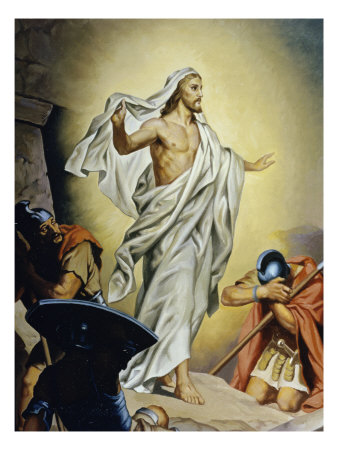
Take my yoke upon you, and learn from me . . . .
Matt. 11:29-30
The day you gave your life to Christ is the day that you enrolled in the school of Christ (John 15:1-4). The school of Christ is like no other: its instruction deals with the heart. The curriculum deals with character development, heart purity, and Spirit obedience. The goal of instruction: Christlikeness. The classroom is life and the teaching is not complicated, but requires an open heart and a ready spirit. The education is simple, but not easy: walk in the Spirit by responding and not reacting to our circumstances (Gal. 5:16). The book we study is the Bible, our mentor is the Holy Spirit, and our instructor is Jesus Christ himself (1 John 2:27).
The effectiveness of the School’s instruction is dependent on the receptivity of our hearts. Christ’s teaching exposes our stubbornness, pride, and self-will. Will we repent? Will we respond? Will we trust? The goal: create an open heaven (John 1:51) between us and God. The fruit: a lifelong experience of abiding in Christ (John 15:4). Training in the the school of Christ brings a child of God into unparalleled intimacy with God (Eph. 3:16-19).
Every Christian is a pupil in the school of Jesus Christ. We sit at the feet of our Master. We want to bring our minds and our wills, our beliefs and our standards, under his yoke. In the Upper Room he said to the apostles: ‘You call me “Teacher†and “Lordâ€, and rightly so, for that is what I am’ (Jn. 13:13). That is, ‘Teacher’ and ‘Lord’ were no mere courtesy titles; they bore witness to a reality. Jesus Christ is our Teacher to instruct us and our Lord to command us.
All Christian people are under the instruction and the discipline of Jesus Christ. It should be inconceivable for a Christian ever to disagree with, or to disobey, him. Whenever we do, the credibility of our claim to be converted Christians is in doubt. For we are not truly converted if we are not intellectually and morally converted, and we are not intellectually and morally converted if we have not subjected our minds and our wills to the yoke of Jesus Christ.
John Stott, Life in Christ (Eastbourne: Kingsway, 1991), 57.









